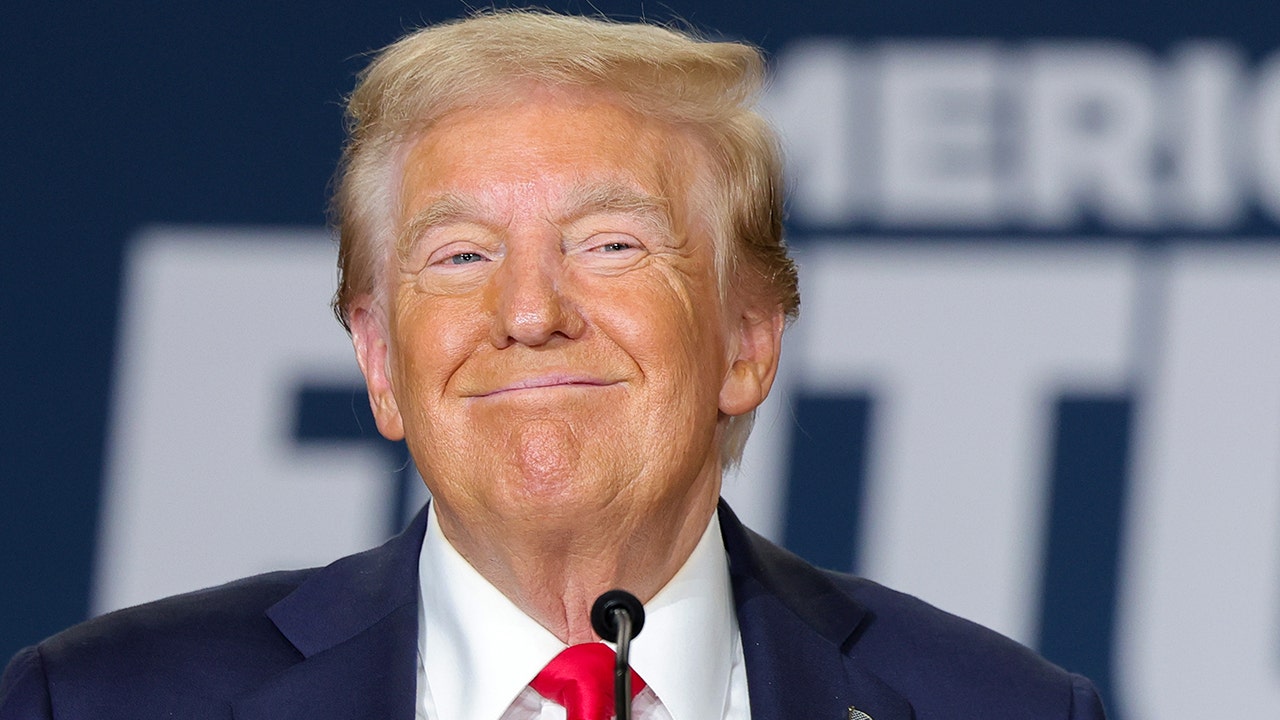Trump Triumphs: Legal Victory Over Pulitzer Prize Board
In a surprising turn of events, Donald Trump has achieved a significant legal victory against the Pulitzer Prize Board. His lawsuit, which challenges the integrity of the Pulitzer Prize awards related to reporting on his presidency, has recently advanced to the discovery phase. This development is not just a crucial moment in Trump’s ongoing battles with various institutions but also raises pressing questions regarding media accountability and the legitimacy of prestigious awards. As we analyze this unfolding situation, it is essential to appreciate the implications for both the media landscape and public perception of journalistic integrity.
A Closer Look at the Lawsuit
The lawsuit filed by Trump against the Pulitzer Prize Board centers on claims that certain reporting — specifically related to the Russia investigation — was fundamentally flawed and, therefore, unworthy of the prestigious Pulitzer Prize. Trump argues that this reporting not only misrepresented facts but also had lasting damaging effects on his presidency and reputation. By advancing to the discovery phase, Trump’s legal team will have the opportunity to gather evidence, call witnesses, and potentially expose internal communications within the Pulitzer organization.
Legal experts suggest that moving into the discovery phase could allow Trump to delve deeper into the Pulitzer Board’s decision-making processes, thereby shedding light on how such awards are conferred and the standards that govern them. This could lead to significant revelations regarding the accountability of media institutions, especially those that have significant influence over public perception.
Implications for Media Accountability
The advancement of Trump’s lawsuit brings to the forefront the critical issue of media accountability. In an age where misinformation can spread rapidly and where media organizations wield considerable power, the questions surrounding journalistic integrity are more pertinent than ever. Here are some implications of this legal victory:
- Challenge to Established Norms: If Trump succeeds in proving that the Pulitzer Prize was awarded based on flawed reporting, it could undermine trust in established media outlets and award-giving bodies.
- Increased Scrutiny: Media organizations may face increased scrutiny and pressure to adhere to higher standards of accuracy and accountability in their reporting.
- Potential Precedent: A ruling in favor of Trump could set a legal precedent that allows other public figures to challenge media organizations in court over perceived inaccuracies.
The Role of the Pulitzer Prize Board
The Pulitzer Prize, established in 1917, is one of the most prestigious awards in journalism and is highly regarded for recognizing excellence in reporting, literature, and musical composition. The Board, composed of journalists, academics, and other professionals, is tasked with evaluating submissions based on rigorous criteria. In Trump’s case, the Board awarded Pulitzer Prizes to reporting that covered allegations of Russian interference in the 2016 election and potential collusion with the Trump campaign.
Critics argue that the Board’s decision-making process lacks transparency, which could be problematic in light of ongoing challenges to media credibility. Trump’s legal victory may force the Board to reconsider how it communicates its decisions and the criteria it uses to evaluate journalistic work. Furthermore, it highlights the need for awards to maintain a robust defense of their choices, as public scrutiny increases.
Public Perception and Political Ramifications
Beyond the legal implications, Trump’s legal victory could have profound effects on public perception, particularly among his supporters. His base often views him as a victim of a biased media landscape, and this legal battle may reinforce that narrative. By challenging the Pulitzer Prize Board, Trump positions himself as a champion of accountability in journalism, appealing to sentiments of fairness and justice.
Moreover, this situation may energize Trump’s supporters in the lead-up to future elections. The narrative of fighting against perceived injustices can rally political bases and create a sense of purpose. This engagement is crucial in a political climate where media narratives play a significant role in shaping public opinion.
Broader Implications for Journalism
The ongoing lawsuit and its implications extend beyond Trump and the Pulitzer Prize. This case exemplifies a broader trend of public figures challenging media narratives and the consequences that arise from this dynamic. The implications for journalism as a field are profound, as they touch on issues of freedom of the press, the protection of journalistic sources, and the ethical considerations that come with reporting on sensitive topics.
As the lawsuit progresses, the media will undoubtedly be watching closely. The outcomes could lead to a reassessment of how stories are reported and how journalists balance the duty to inform the public with the potential repercussions of their reporting. It’s a delicate balance that is increasingly under scrutiny in a polarized political environment.
What Lies Ahead?
As Trump’s legal victory unfolds, it remains to be seen how the courts will interpret the claims made against the Pulitzer Prize Board. The discovery phase will likely reveal a host of evidence and testimonies that could shape the narrative moving forward. For the media, this is a moment of reckoning, where the principles of journalistic integrity are put to the test.
In conclusion, Trump’s legal victory against the Pulitzer Prize Board is more than just a courtroom battle; it represents a critical juncture in the relationship between media and politics. As the discovery phase unfolds, it will provide a unique opportunity to examine the standards by which journalism is judged and the consequences that arise when those standards are perceived to be compromised. The outcome could have lasting implications, not only for Trump but for the media industry and public trust in journalism itself.
See more BBC Express News

